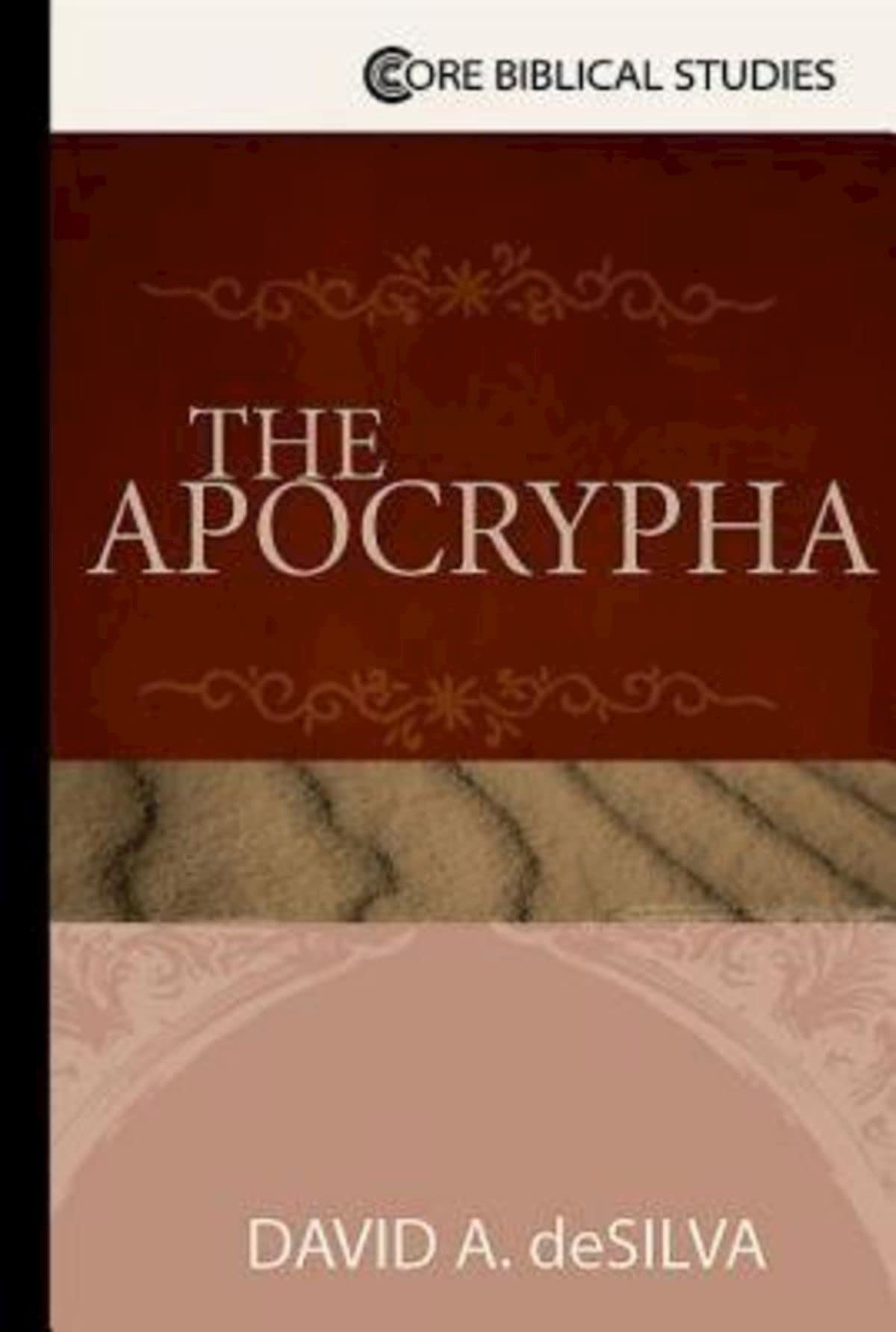Introduction: Why Read the Apocrypha? Chapter 1: What's In the Apocrypha? Chapter 2: The World of the Apocrypha Chapter 3: The Torah and the Covenant in the Apocrypha Chapter 4: The Apocrypha and Jewish Ethics Chapter 5: The Apocrypha and Jewish Piety Chapter 6: Jew-Gentile Relations in the Apocrypha Chapter 7: The Apocrypha and the Early Church Chapter 8: The Apocrypha and the Christian Canon For many across the world, the books of the Apocrypha are Christian Scripture. Learn more about them as you learn more about how Jesus thought and lived. After the books of the Hebrew Bible (the Protestant Old Testament) and the New Testament, the Apocrypha, or the Deuterocanonical Books (as Roman Catholic and Orthodox Christians know these texts), constitutes the single most important collection of books from antiquity for understanding the shape of Judaism in the centuries around the turn of the era and the matrix within which the early church was formed. The impact of these texts on Jesus, the writers of the New Testament, and the early church is pervasive and potent. They are also valuable in their own right as witnesses to the faith of Jews seeking to remain loyal to the covenant and to God amidst the stresses of living as a minority group in the Hellenistic and Roman world. I wrote this book as an invitation particularly to the non-specialist and the general reader to explore these important texts and as a guide to thinking about their contexts and their contributions. Unlike my much fuller Introducing the Apocrypha: Message, Contexts, and Significance (Baker Academic, 2002), which provides background and analysis on the collection text-by-text, this brief volume approaches the material more thematically. It should be of use both to individual readers and to groups wishing to study these texts together. Scholars, seminary students, and clergy who are likely to make use of Apocryphal texts in preaching and worship may wish to look into purchasing the volume published by Baker: amazon.com/Introducing-Apocrypha-Message-Context-Significance/dp/0801031036/ref=sr_1_4?ie=UTF8&qid=1340368498&sr=8-4&keywords=david+desilva David A. deSilva (Ph.D., Emory University) is Trustees' Distinguished Professor of New Testament and Greek at Ashland Theological Seminary in Ohio and an ordained elder in the Florida Conference of the United Methodist Church. He is the author of over twenty books, including The Jewish Teachers of Jesus, James, and Jude: What Earliest Christianity Learned from the Apocrypha and Pseudepigrapha (2012), An Introduction to the New Testament: Contexts, Methods & Ministry Formation (2004), Seeing Things John's Way: The Rhetoric of the Book of Revelation (2009), Introducing the Apocrypha: Message, Context, and Significance (2002), and Sacramental Life: Spiritual Formation through the Book of Common Prayer (2008), as well as over one hundred journal articles and contributions to reference works and collections of essays. The Apocrypha Core Biblical Studies By David A. deSilva Abingdon Press Copyright © 2012 Abingdon Press All rights reserved. ISBN: 978-1-4267-4235-4 Contents Introduction: Why Read the Apocrypha?, Chapter 1: What's in the Apocrypha?, Chapter 2: The World of the Apocrypha, Chapter 3: God, the Law, and the Covenant, Chapter 4: The Apocrypha and Jewish Ethics, Chapter 5: The Apocrypha and Jewish Spirituality, Chapter 6: The Jewish People and the Nations, Chapter 7: The Apocrypha and the Christian Church, Chapter 8: The Apocrypha and the Christian Canon, Notes, References, CHAPTER 1 What's in the Apocrypha? A person who is familiar with the writings of the Hebrew Bible (the Protestant "Old Testament") and who embarks upon reading the Apocrypha for the first time will not find the world of these texts all that strange. There will be fresh content, to be sure, but there will also be much that is familiar. First, the deuterocanonical books are written in genres and styles that, for the most part, imitate the literature of the Hebrew Bible—the Scriptures treasured by the writers of the apocryphal books. The books that relate the history of the period are either reworked versions of canonical history books (1 Esdras) or are written in a style that closely resembles the historical books of Samuel and Kings (1 and 2 Maccabees). The Apocrypha contain collections of wisdom teachings (Sirach; the Wisdom of Solomon) that resemble the older book of Proverbs and grow organically from the broader wisdom tradition of the Hebrew Bible. The canonical book of Psalms, together with the prayers and psalms scattered throughout the Hebrew Bible, provides the model for the prayers and psalms found among the Apocrypha, whether these are independent texts (Prayer of Manasseh; Psalm 151) or embedded in longer books (Prayer of Azariah and Hymn of the Three Young Men in the Greek version of Daniel; Judith's hymn [Jdt 16]; Tobit's hymn [Tob 13]). Second,













